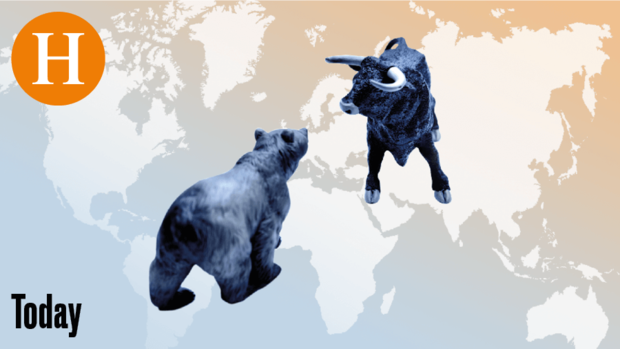Dusseldorf Four years ago, Tesla boss Elon Musk announced via the short message service Twitter that he was looking for a suitable location for the first European “Gigafactory”. Even then, he announced that Germany was particularly suitable due to its geographical proximity to France and the Benelux countries.
Finally, two years ago, the decision was made to locate the factory in Brandenburg. After numerous approval procedures as well as protests and urgent applications from nature conservation associations who wanted to prevent the clearing of the site in Grünheide, “Giga Berlin” finally opened its doors on Tuesday morning.
Chancellor Olaf Scholz (SPD) and Musk were also there in person for the official start of the Tesla factory. Federal Economics Minister Robert Habeck (Greens) was also present and emphasized that he would like to see such a “Tesla pace” in other areas of politics as well. Car expert Ferdinand Dudenhöffer says in the new episode of Handelsblatt Today: “Tesla and Elon Musk trigger thought processes in Germany that lead to the future.”
Anyone who knows Musk also knows his ambitious production goals. But the opening of the factory in Grünheide came at a time marked by the effects of the Ukraine war. The economic consequences of the war are far-reaching: Oil and gas have become massively more expensive, and the automotive industry is also having to contend with supply bottlenecks for raw materials such as cobalt, lithium, nickel and copper, which are important for the construction of electric cars. “However, there are a lot of possibilities to play with raw materials and materials,” says Dudenhöffer.
Top jobs of the day
Find the best jobs now and
be notified by email.
So far, China has avoided taking a clear position in the Ukraine war. Rather, the United States is threatening China with sanctions if it supports Russia economically or militarily. This is a risk for German car manufacturers, since China is their most important sales market.
However, Dudenhöffer advises against turning away from China: “I believe that if we open up and try to find a reasonable relationship with China, we will achieve more than if we do the opposite now. Otherwise we will drive the world into two blocks.”
Deutsche Post boss on the economic consequences of the war
Also: In a recent study, the Handelsblatt Research Institute forecast growth in the German economy of 2.7 percent this year compared to 2021 – before the outbreak of war in Ukraine, this forecast was still 3.4 percent. Many German corporations are now facing new challenges.
Handelsblatt editor-in-chief Sebastian Matthes discussed this with Deutsche Post boss Frank Appel. How does a war change the overall economic processes of a company and what could be the answer? For Appel, one thing is clear: Germany must become even more attractive for foreign talent and further develop infrastructure and digitization.
We have an exclusive subscription offer for you as a Handelsblatt Today listener. Interested? Then take a look here.
If you have any comments, questions, criticism or praise for this episode, please email us at: [email protected]
